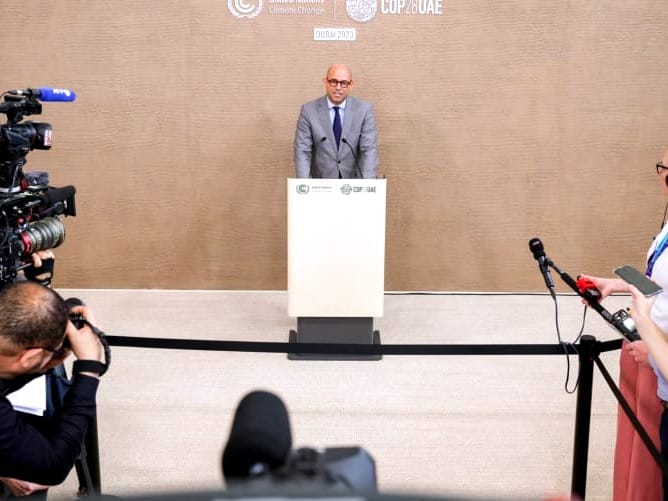Climate negotiators are focused on taking inventory of where nations stand on cutting carbon pollution or preparing for a warmer world.
The inventory of gaps between what nations are doing and what they are obliged to do to fulfill the 2015 Paris Agreement dominates the week-old talks hosted by the United Arab Emirates in Dubai from Nov. 30 to Dec. 12.







